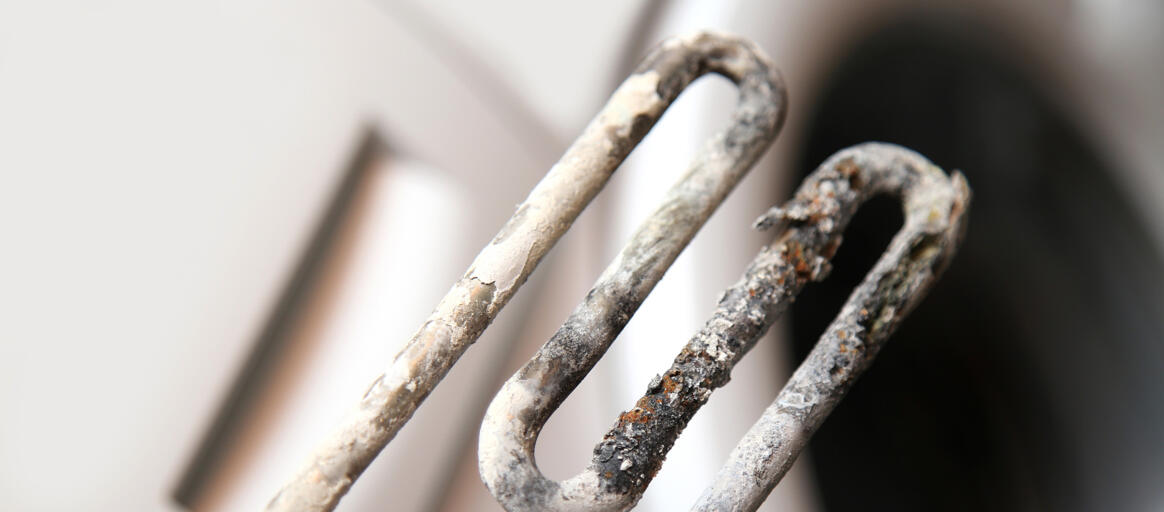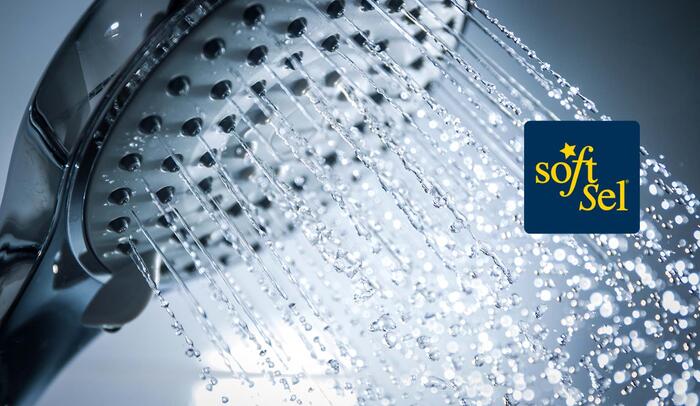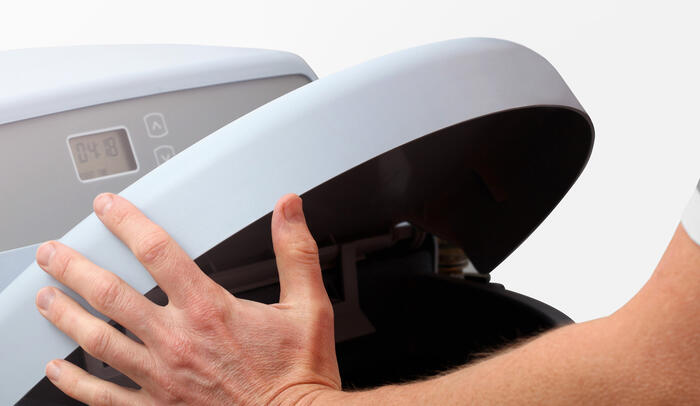The disadvantages of hard water
You have probably heard of hard water, but do you also know about the problems that hard water brings? Hard water affects daily life in various ways. Quickly discover the effects this phenomenon has on your life and environment.

In some appliances, hard water leads to a loss of energy efficiency. The effect of calcium means that people use more washing powder, which is detrimental to the environment.
What is hard water actually?
We talk about hard water when mains water contains a high concentration of calcium and magnesium salts. These salts come from the ground from which the water was extracted and in themselves are not harmful to health. Unfortunately, the high concentration of calcium in hard water does carry other disadvantages.
The adverse effect of hard water
When hard water is heated or evaporates, limescale deposits are created. This can cause furring in water heating appliances and pipes. The accumulation of deposits in a washing machine means that you often need to descale the inside of the appliance. In some appliances, hard water also leads to a loss of energy efficiency. The effect of calcium means that people use more washing powder, which is detrimental to the environment. Lastly, your body also feels the negative effects of limescale – it makes your skin dry and takes the shine from your hair.
Effects on daily life
Hard water and limescale also bring many inconveniences to daily life. For instance, it is difficult to descale some affected taps, pipes and water heating appliances. Furthermore, hard water also affects your wallet. You need to buy more washing powder, special descaling products and replace damaged appliances. Your energy bill will be higher too. All of this naturally has an impact on the environment – residues of cleaning products end up in drainage water, the mountain of dumped appliances gets higher and fossil fuels become increasingly depleted.
Combatting hard water
Fortunately, you can easily solve all of these problems with a water softener. Thanks to salt for water softening your appliances will last longer and you can also save on cleaning products. So, a water softener is certainly worth the investment!

